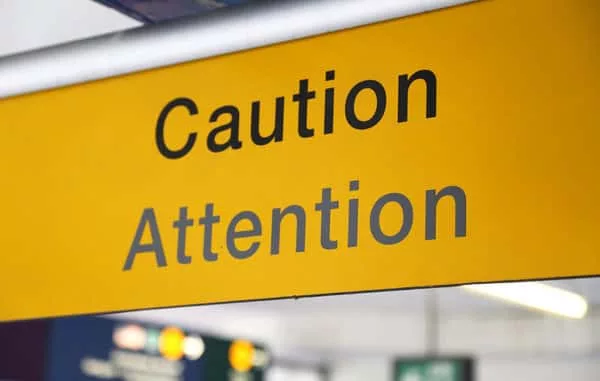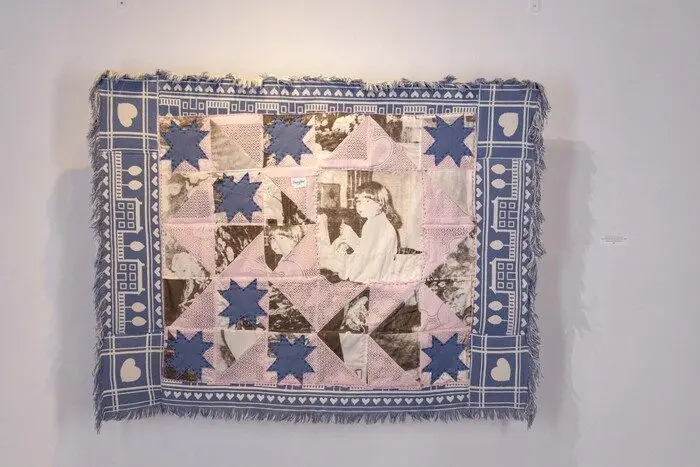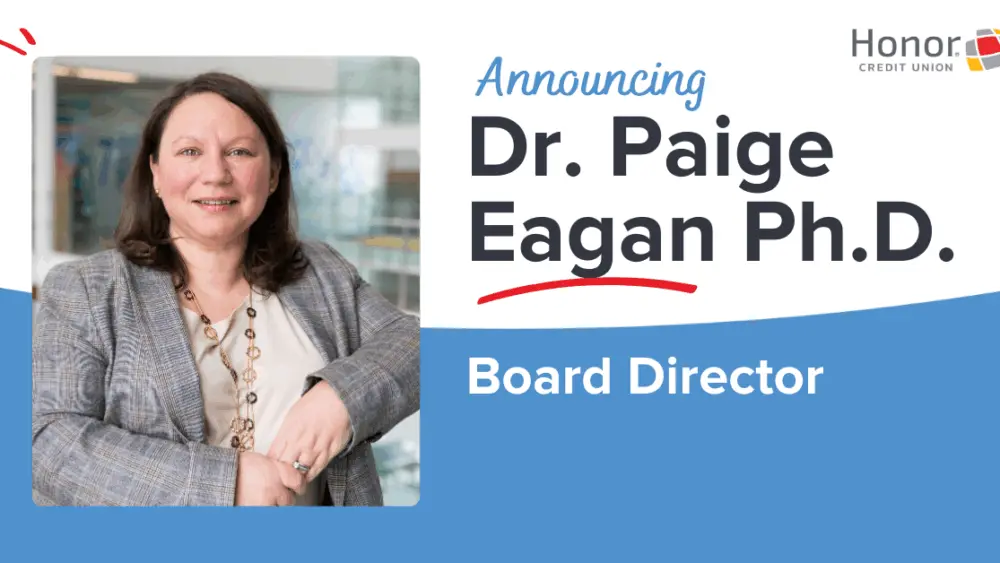Michigan Attorney General Bill Schuette is cautioning business owners and citizens alike to be cautious with donations when professional fundraisers are involved in the equation. He does so based on his own research that shows when a professional fundraiser is involved, only about a third of the money donated actually makes it to the intended cause.
As Consumer Protection Month continues, Schuette today announced the publication of his fourth annual Professional Fundraising Charitable Solicitation Report. The report identifies the total amount raised by charities across Michigan by professional fundraisers, as well as the percentage of money that is paid to professional fundraisers while working for a charity.
A review of the year 2015 shows that, only 33-cents of every dollar on average reaches the charity when a professional fundraiser is involved with raising money, with the 67-cents of every dollar going to pay for the professional fundraising services. This is similar to 2014, when only 30 cents of every dollar raised by professional fundraisers made it to the charity for which funds were being raised.
In looking at those numbers, Schuette says, “Donors deserve to know precisely where their charitable donation is going and it is very concerning to me that a large portion of donations go directly to a professional fundraiser instead of the charity itself.” He adds, “The more information a donor has, the better. Each year, this report informs Michigan residents so they can give wisely.”
Schuette noted that the report is designed not only to help donors to make the best decision with their money but also to encourage fundraisers to direct more funds to charity.
Under Michigan law, a professional fundraiser is defined as a person or organization that solicits contributions on behalf of a charity in exchange for compensation. If a charity hires its own telemarketers or other fundraising staff in house, they are not considered “professional fundraisers.”
While hiring professional fundraisers and fundraising counsel may benefit certain charities, some professional fundraisers leave little of the donations for the intended charity, with some telemarketers pocketing 85 to 90-percent of the donated funds.
Professional fundraising is primarily done through telemarketing, but can also include mail campaigns, door to door solicitation and special events.
Michigan law requires professional fundraisers to submit the results of their campaigns to the Attorney General, which is included in this report. The data includes the type of appeal conducted (mail, social media, telephone, etc.), gross receipts raised, the amount paid to the fundraiser, and the final amount and percentage that went to the charity. Professional fundraisers licensed in Michigan are required to report these results, so the report includes data from charities across the country. The report includes the results of fundraising campaigns reported to the Attorney General during the 2015 calendar year.
During Consumer Protection Month, the Attorney General’s Consumer Protection Team continues to highlight important measures consumers can take to protect themselves against bogus or wasteful charities:
2. Ask how much of the donation actually goes to the charity. Beware of vague or unresponsive answers to specific questions about the charity and how money is used.
3. Don’t feel pressured to make an immediate donation. Avoid anyone that tries to make you feel guilty or uncomfortable with a donation. Go with your gut. Ask for a call back number and do your own research.
4. Remember that you can always hang up, research your own charities, and give directly to the charity. This way your charity will get 100-percent of your donation.
To improve transparency and provide donors greater access to this important information, Schuette enhanced the Attorney General's online charity search feature at www.mi.gov/charitysearch to include professional fundraiser data. Consumers may also access the annual fundraising reports by visiting the “Charities” section of the Attorney General's website at www.mi.gov/charity and clicking on “Professional Fundraising Charitable Solicitation Reports.”
Consumers can also research individual charities using the AG Charity Search. The online charity search is designed as a central resource for prospective donors to perform general searches for various types of registered charities. For instance, donors may search by key words within the organization's purpose, as well as by city, county, state, name, or any combination of these.






